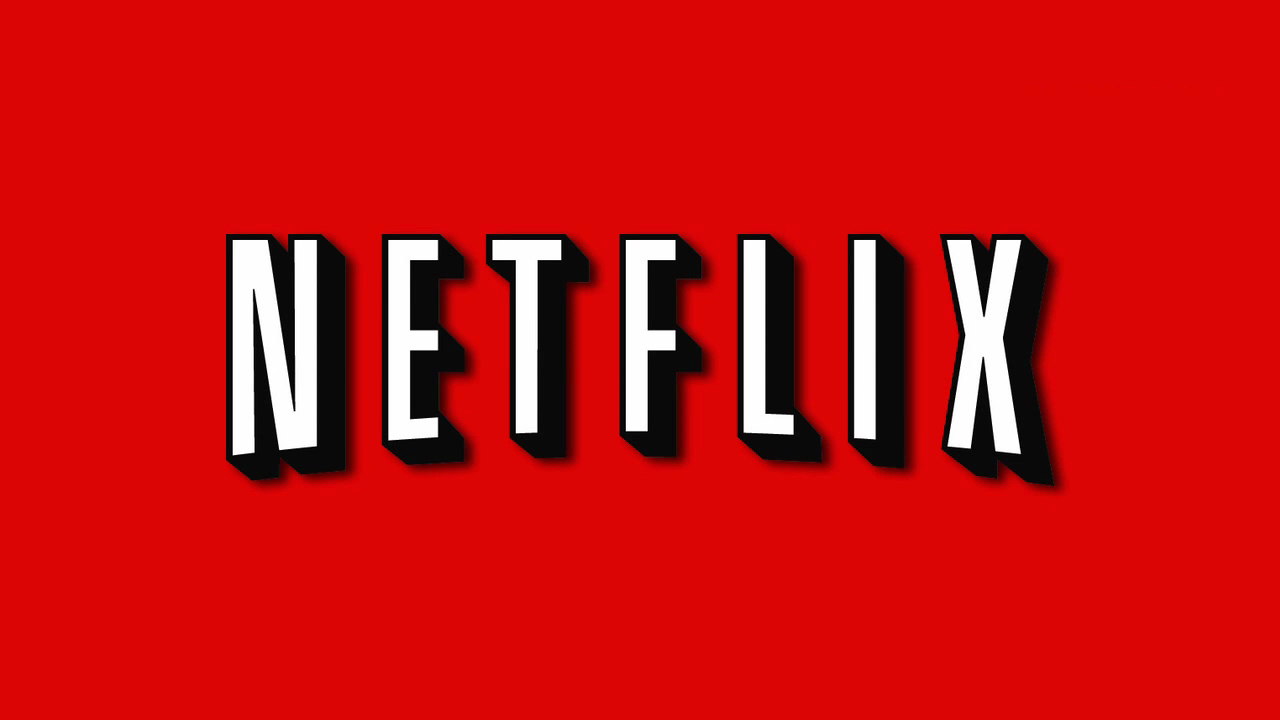
Netflix has announced its intention to counter the use of proxies among members who wish to view content outside of their immediate geographic territory. David Fullagar, Vice President of Content Delivery Architecture at Netflix, broke the news in a blog post on Thursday:
"[I]n coming weeks, those using proxies and unblockers will only be able to access the service in the country where they currently are," explains Fullagar. "We are confident this change won't impact members not using proxies."

The announcement follows just one week after the provider of on-demand Internet streaming content announced that it had expanded its service to more than 190 countries, reports the BBC. Nearly all countries except China now have access to Netflix content, but that content varies widely based upon licensing agreements signed between Netflix and each country. To get around these restrictions, users have resorted to the use of proxies or a virtual private network (VPN). In his blog post, Fullager explains that it his company's ultimate goal to make the use of VPNs unnecessary by making Netflix a truly global service.
"If all of our content were globally available, there wouldn’t be a reason for members to use proxies or 'unblockers' to fool our systems into thinking they’re in a different country than they’re actually in," he comments.
In the meantime, however, the streaming provider will move to block the use of those technologies. As of this writing, Netflix has yet to provide any details on how it intends to block those services. In his post, Fullagar mentions the use of "measures" employed by other firms. However, he also notes that the technology is continuing evolving--a sentiment which other Netflix executives have echoed.
“Since the goal of the proxy guys is to hide the source it’s not obvious how to make that work well," Netflix Chief Product Officer Neil Hunt said in a recent interview. "It’s likely to always be a cat-and-mouse game. [We] continue to rely on blacklists of VPN exit points maintained by companies that make it their job. Once [VPN providers] are on the blacklist, it’s trivial for them to move to a new IP address and evade.”
Whether Netflix can check the adaptability of VPNs and proxies remains to be seen. This news comes a few months after the streaming service released Sleepy Puppy, a tool designed to help security researchers track cross site scripting (XSS) propagation.

